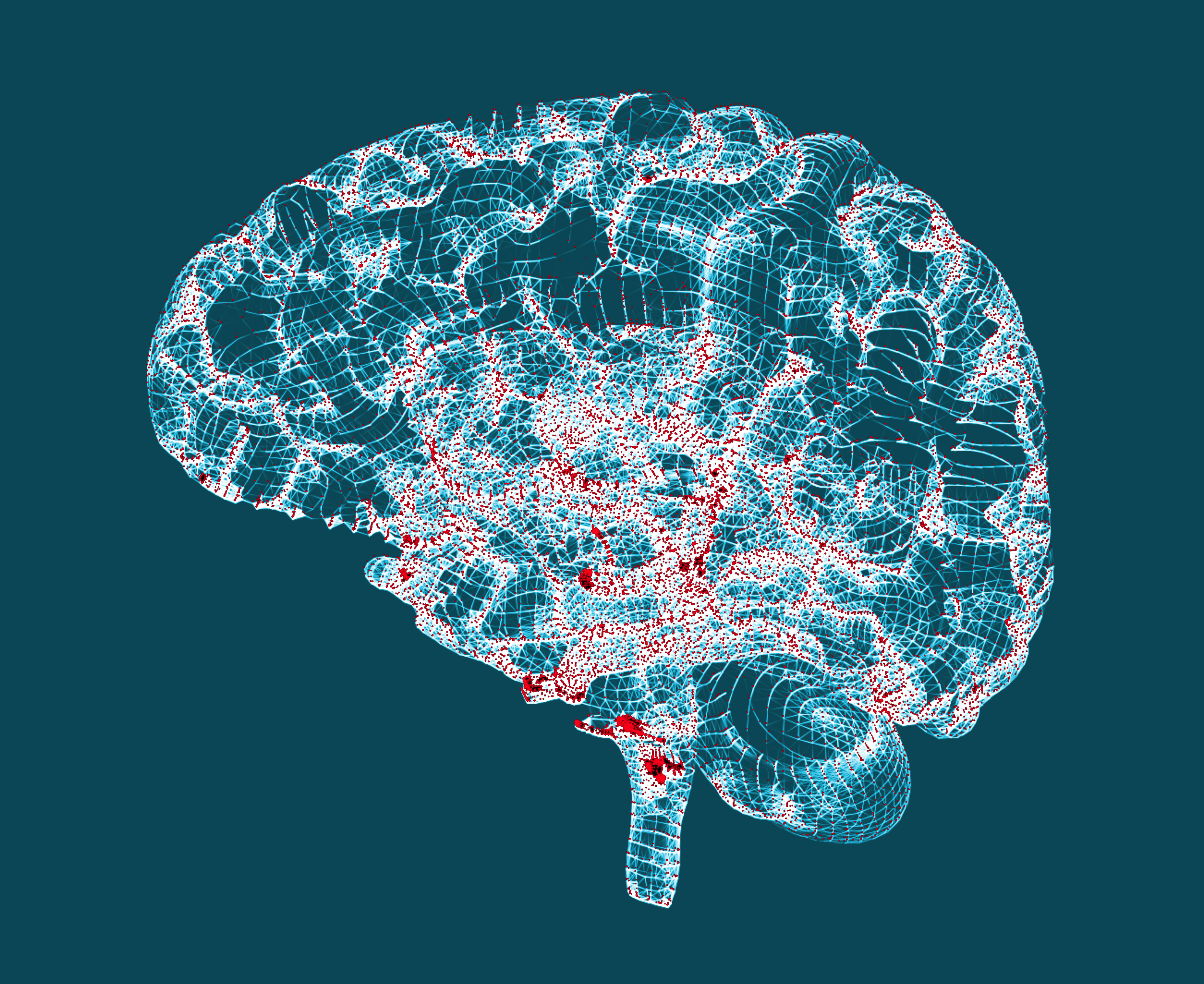
A drug earmarked to treat diabetes may also be an effective treatment option for Alzheimer’s patients.
Researchers from Lancaster University have found that a triple receptor agonist (TA), which activates glucagon-like peptide-1 (GLP-1), glucose-dependent insulinotropic polypeptide (GIP), and glucagon receptors at the same time, has significantly reversed memory loss in mice through a triple method of action. The treatment was originally created to treat type 2 diabetes.
“With no new treatments in nearly 15 years, we need to find new ways of tackling Alzheimer’s,” Doug Brown, Ph.D., the director of Research and Development at the Alzheimer’s Society, said in a statement. “It’s imperative that we explore whether drugs developed to treat other conditions can benefit people with Alzheimer’s and other forms of dementia.
“This approach to research could make it much quicker to get promising new drugs to the people who need them,” he added. “Although the benefits of these ‘triple agonist’ drugs have so far only been found in mice, other studies with existing diabetes drugs such as liraglutide have shown real promise for people with Alzheimer’s, so further development of this work is crucial.”
Previous studies have shown that the incretin hormones GLP-1 and GIP that have anti-diabetic properties show very promising effects in animal models of Alzheimer’s.
The study represents the first time a triple receptor drug—which acts in multiple ways to protect the brain from degeneration— has been used, combining GLP-1, GIP and glucagon, which are all growth factors.
Growth factor signaling has shown to be impaired in the brains of Alzheimer’s patients.
In the study, the researchers used APP/PS1 mice—transgenic mice that express human mutated genes that cause Alzheimer’s.
The drug improved learning and memory formation in a Morris water maze test, which is a standard method for assessing learning and memory in animals.
The drug also enhanced levels of a brain growth factor that protects nerve cell functioning, reduced the amount of amyloid plaques in the brain linked with Alzheimer’s, reduced both chronic inflammation and oxidative stress, and slowed down the rate of nerve cell loss.
“These very promising outcomes demonstrate the efficacy of these novel multiple receptor drugs that originally were developed to treat type 2 diabetes but have shown consistent neuro- protective effects in several studies,” Christian Holscher, Ph.D., a professor of Neuroscience at Lancaster University, said in a statement. “Clinical studies with an older version of this drug type already showed very promising results in people with Alzheimer’s disease or with mood disorders.
“Here we show that a novel triple receptor drug shows promise as a potential treatment for Alzheimer’s but further dose-response tests and direct comparisons with other drugs have to be conducted in order to evaluate if this new drugs is superior to previous ones,” he added.
There are several links between diabetes and Alzheimer’s.
Type 2 diabetes is a risk factor for Alzheimer’s and has been implicated in the progression of the disease. Impaired insulin has been linked to cerebral degenerative processes in type 2 diabetes and Alzheimer’s disease. Insulin desensitization has also been observed in the Alzheimer’s disease brain and could play a role in the development of neurodegenerative disorders, as insulin is a growth factor with neuroprotective properties.
The study was published in Brain Research.




